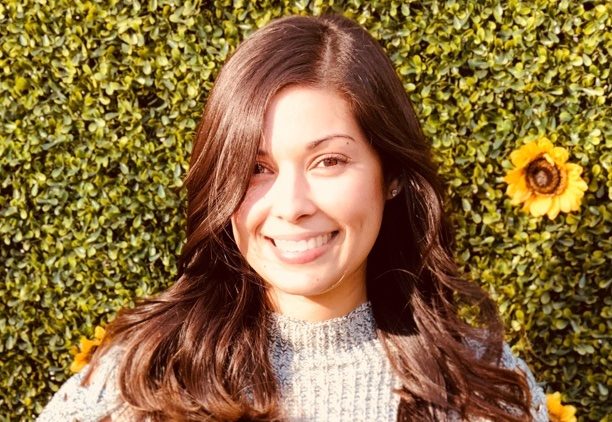Yesenia Mejia, PhD, is a postdoctoral scholar at the Child and Adolescent Services Research Center in the Department of Psychiatry at UC San Diego. She received her doctoral degree in clinical psychology from the University of North Carolina at Greensboro. She is currently a trainee with the San Diego LEND (Leadership Education in Neurodevelopmental and Related Disabilities) program.
Her clinical and research experiences have focused on reducing racial/ethnic disparities in mental health care through understanding risk and resilience processes, developing culturally-responsive interventions, and improving mental health treatment access for youth and their families. In her current position she aims to continue working toward reducing inequities in evidence-based care by examining the influences of cultural, systemic and service setting factors on service access, engagement and clinical outcomes for children with autism spectrum disorder and their families.
What inspired you to apply for LEND?
I was drawn to the LEND program because of the focus on promoting equitable access to services for youth with autism spectrum disorder and other developmental disabilities. My research and clinical work has primarily focused on addressing mental health disparities in racial/ethnic minority communities, so this was a natural fit with my interests and goals. I was excited to continue developing expertise in neurodevelopmental disabilities and also learn about dissemination and implementation science from experts in the field. The LEND program provides such rich opportunities to collaborate, learn from, and work with experts across various disciplines and within the community to really get to know the service systems, and how these can be improved to ensure access and quality care for all youth and their families. I was just really excited about all the opportunities for learning through the seminars, clinical rotations, and community partnerships, and felt this was a great opportunity to develop my professional and leadership skills to continue my advocacy work with individuals with developmental disabilities and their families.
How has your perspective as a researcher and clinician been impacted as part of your participation in LEND?
As a researcher, I have really gained a better understanding about implementation science approaches and how these can be applied in my research to promote equity in mental health services. It’s really been great to shift my focus on what we can do to ensure all children have access to evidence-based services and think about that in the context of my own work and what I hope to do in the future. As a clinician, I’ve also learned a lot from my LEND peers and through my clinical rotations and it has given me a lot to consider in terms of how we structure therapy and clinical assessment of neurodevelopmental disorders.
What have you learned about the ASD/NDD community that has been surprising? Or unexpected?
I don’t know that I can think of anything surprising or unexpected, but I have been most pleased just by how much I’ve learned through my clinical rotations and group discussions during our seminars. One of the things I appreciate the most is the interdisciplinary nature of the LEND program. As a clinician, it’s been such an interesting and enriching experience to observe the way other disciplines think about and treat various neurodevelopmental disabilities. I’ve also learned a lot from my LEND peers through our group discussions. Because our backgrounds are so diverse, everyone brings such valuable perspectives and I think it’s really helped me become a more well-rounded clinician and researcher as a result.
How do you hope that LEND will impact the ASD/NDD community?
The LEND program is, in a sense, bringing together all the people who love and care for individuals with neurodevelopmental disabilities and it’s allowing for that cross-discipline communication and collaboration that is necessary to provide the best care. It’s allowed us to engage in very thoughtful conversations about how we can best support these individuals and their families. As a clinician, researcher, and parent of a child with a neurodevelopmental disability, my hope is that LEND will continue to bring self-advocates, families, and service providers together so we can bridge knowledge and service gaps. I hope it’s a domino effect, where every LEND trainee can use the leadership skills and knowledge gained through the program to effect positive change in their personal and professional lives.
